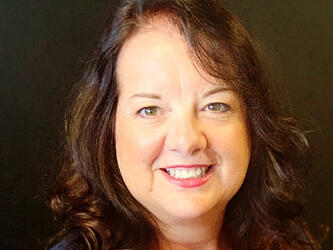Loyal fans and big moments behind TV programme social buzz
The report looked at whether it was the same group of people commenting each week and creating a steady flow of tweets or a larger group of audience members commenting at different points in the series.
Engagement patterns for prime-time series programmes across the recent broadcast TV season, were determined by looking at 113 programmes seasons, from premiere through finale, from September 2014 to May 2015, analysing the total number of new episodes within each programme’s season that individual authors Tweeted about. Twitter brand activity is collected on a 24/7 basis and was measured over the same time period as programme activity.
Three key insights from the research are:
New social TV authors regularly join programme conversation. The study found that the total number of individual Twitter authors that Tweet about a programme across a season is significantly larger than the number of individuals that contribute to programme-related conversation in a given week. An average of 10 times as many authors Tweeted about a programme in total across a season, compared with the number of authors who contributed in an average week.
Loyal authors are valuable for more than just their social allegiance. Social loyalty was defined as the share of authors who Tweet about three or more episodes during a season; for the most loyal programmes up to 24% of authors posted with this frequency over the course of the season.
Big programme moments inspire more fans to jump into the conversation. On average, 25% of all programme Tweeters wrote about premieres and 16% Tweet about finales. Between these two groups combined, networks can expect to hear from an average of 38% of programme authors during those two moments.

We hope you enjoyed this article.
Research Live is published by MRS.
The Market Research Society (MRS) exists to promote and protect the research sector, showcasing how research delivers impact for businesses and government.
Members of MRS enjoy many benefits including tailoured policy guidance, discounts on training and conferences, and access to member-only content.
For example, there's an archive of winning case studies from over a decade of MRS Awards.
Find out more about the benefits of joining MRS here.














0 Comments